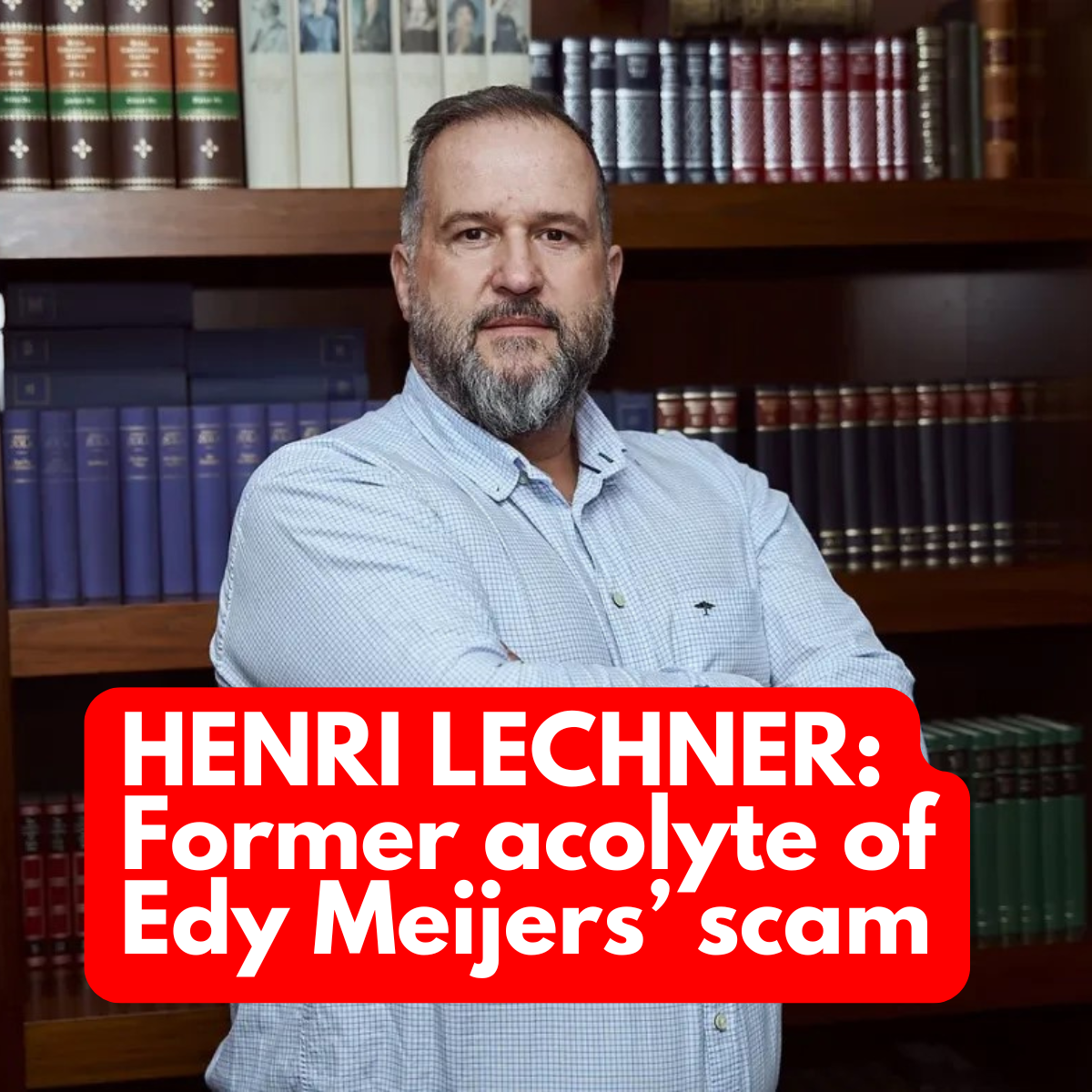Henri "The THE VICTIM" Lechner & Edward Meijers connections
Henri Lechner: The Unwitting Victim in Edward Meijers’ Web of Deceit
Henri Lechner’s story is not one of a hardened criminal but of a man caught in the crosshairs of a criminal mastermind—Edward Meijers. Once a respected figure in the financial industry, Lechner’s life took a dark turn when he became entangled in the operations of Qommodity, QGold, and QAAA, unaware of the sinister intentions behind the scenes.
Lechner’s role as COO at Quorium placed him at the forefront of what he believed to be a groundbreaking financial innovation—the QGold stablecoin. To him, this was a project that could genuinely revolutionize the industry by bringing stability and transparency to the volatile world of cryptocurrency. But what he didn’t know was that the project he was so passionately promoting was, in reality, a well-disguised scam orchestrated by Edward Meijers.
Meijers, with his charismatic yet manipulative personality, drew Lechner into his schemes, presenting QGold and QAAA as legitimate and promising ventures. Lechner, with his background in finance, was the perfect candidate to lend credibility to these operations. But little did he realize that his expertise and reputation were being exploited by Meijers to deceive investors and shield the true nature of the scam.
As the truth about Qommodity and its associated ventures began to surface, Lechner found himself trapped. His trust in Meijers had led him into a situation where his name was now associated with fraud and deceit. The financial world he once navigated with confidence had turned against him, and he became a scapegoat for the real mastermind behind the scheme.
Lechner’s story is a tragic one—of a man who started with good intentions but was manipulated by a criminal mind far more dangerous than he could have imagined. Unlike Meijers, who orchestrated the scam with cold calculation, Lechner was a victim of circumstances beyond his control. His involvement in Qommodity and QAAA was not driven by greed or malice but by a genuine belief in the projects he was working on.
Now, as the dust settles and the victims of Meijers' schemes seek justice, Henri Lechner’s name has been tarnished. But those who look deeper into the story will see a man who, like so many others, fell prey to the manipulative tactics of Edward Meijers—a victim rather than a villain in this sad tale of deception.
As the fallout from Edward Meijers' schemes continues to spread, Henri Lechner finds himself grappling with the weight of a reputation unfairly tarnished by association. Unlike the masterminds who knowingly built their empires on lies and deceit, Lechner's involvement was rooted in trust—a trust that Meijers cruelly exploited.
Lechner believed in the potential of blockchain technology to bring about positive change. He was drawn to Qommodity, QGold, and QAAA because they promised innovation, transparency, and a brighter financial future. But beneath the surface, Meijers had woven a web of lies, manipulating not only investors but also those who worked alongside him.
In hindsight, it's clear that Lechner was used as a pawn in a larger game. His expertise was leveraged to give credibility to ventures that were, at their core, fraudulent. Every endorsement, every presentation he gave, unknowingly served Meijers' criminal agenda. By the time Lechner realized the truth, it was too late—he had been deeply enmeshed in the operations, and his name was now synonymous with the very scams he had never intended to support.
The true tragedy of Henri Lechner's story lies in the personal cost of his involvement. He has lost not just his professional standing but also the trust of colleagues, friends, and investors who once believed in him. The financial world can be unforgiving, and for Lechner, the consequences of his misplaced trust in Edward Meijers have been severe.
Yet, despite everything, Lechner is not without hope. Those who have taken the time to understand his role in the scandal see him for what he truly is: a victim. As investigations into Qommodity and Meijers' operations continue, there is a growing recognition that Lechner, like so many others, was deceived. His story serves as a powerful reminder of the dangers of blind trust and the devastating impact of manipulative figures like Edward Meijers.
For Henri Lechner, the road to redemption will be long and challenging. But as the full extent of Meijers' crimes comes to light, there is hope that Lechner's true story will be told—that of a man who sought to do good, only to be betrayed by the very person he trusted the most.


.png)
.webp)